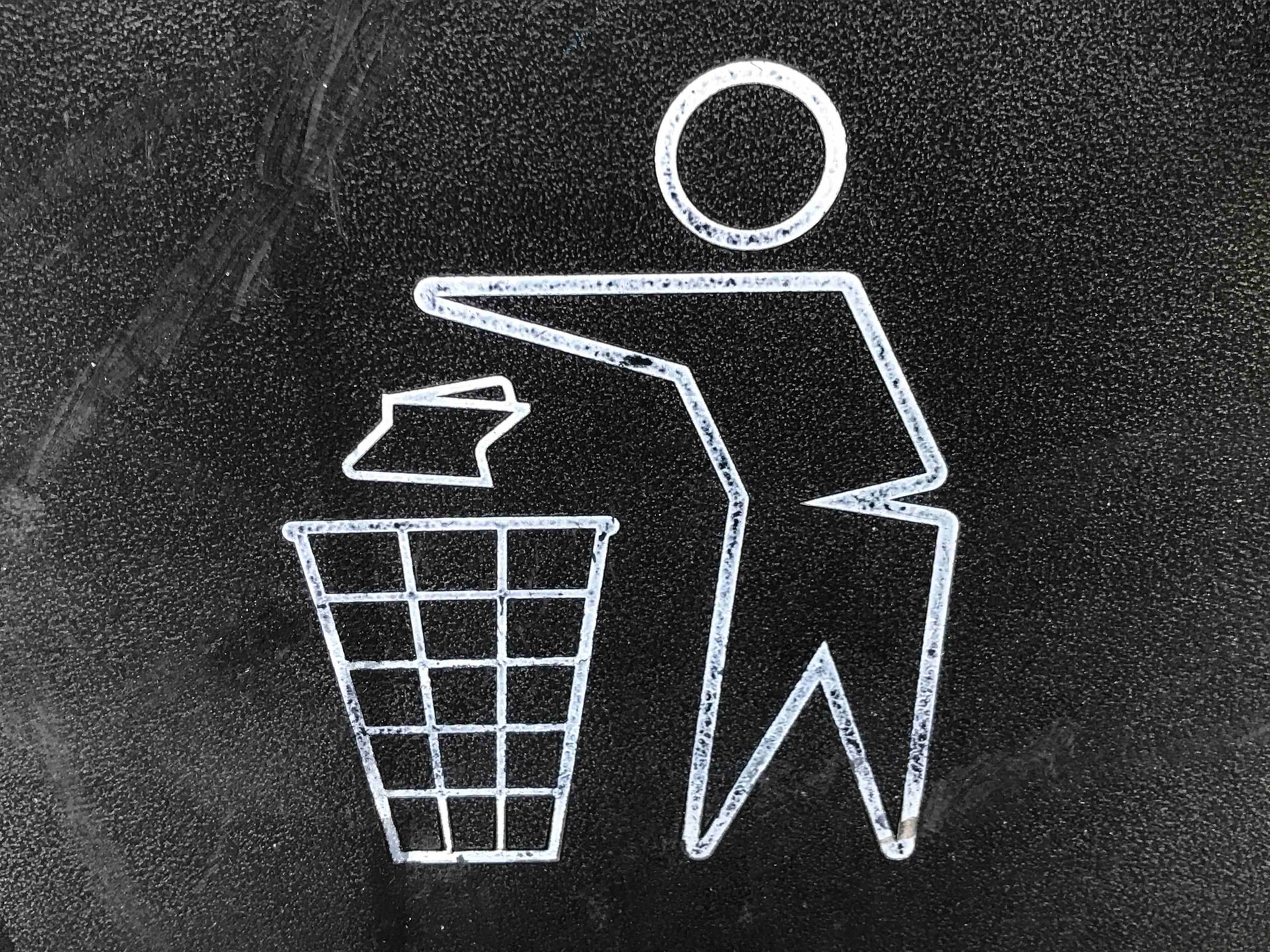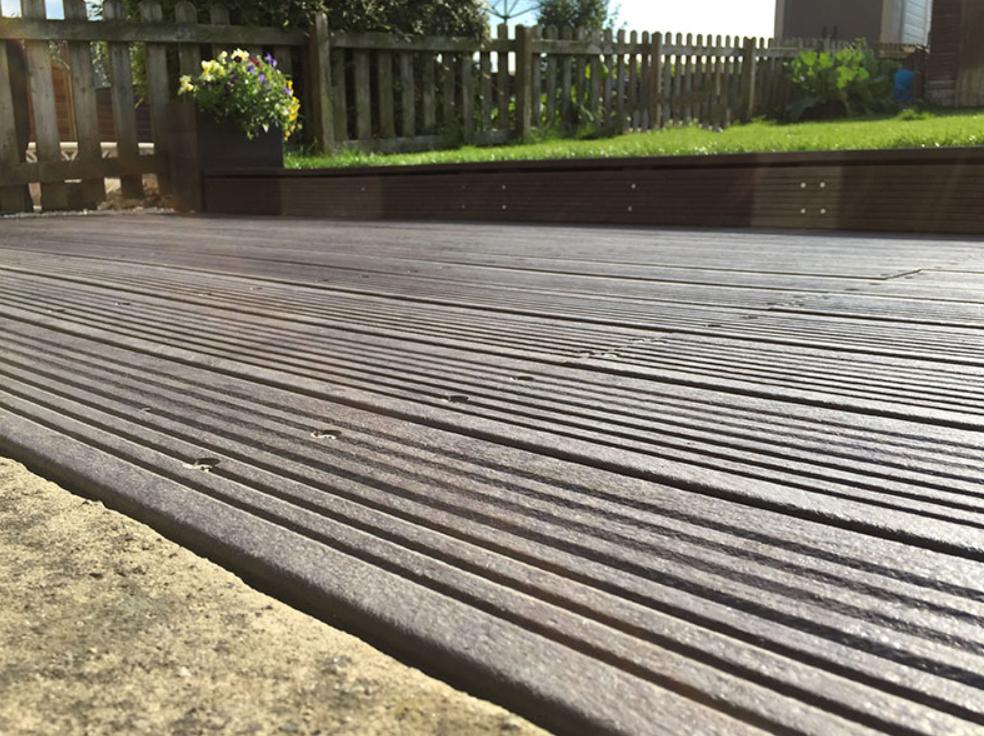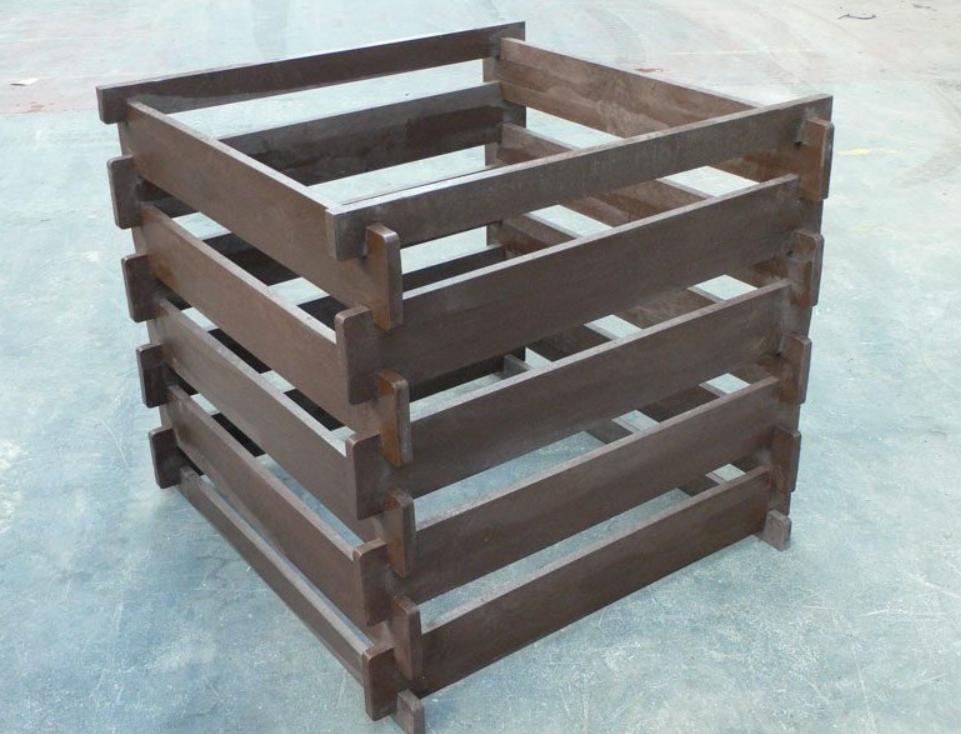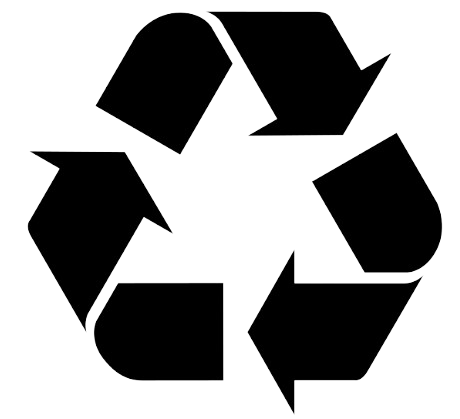How To Reduce Your Waste

Reducing the amount of waste and single-use plastic you use is vital when it comes to helping protect our planet. By reducing the amount of waste in landfills and aiming to prevent ocean plastic, less toxic emissions are let into the atmosphere and even into our drinking supplies.
Every day around 8 million pieces of plastic make their way into the oceans, and as of 2020, they were filled with around 5.25 trillion pieces of macro and microplastic.
Similarly, in 2018 all European member-states sent a total of 7.2 million tonnes of plastic to landfill, with 3.3 million tonnes of that coming from plastic packaging.
Today, we’re sharing some of our favourite ways to reduce the amount of waste we throw away, and it may just be easier than you think.
Opt for products that last a lifetime or are made with recycled materials
There are many benefits to purchasing products that last a lifetime, including the fact that they create a significantly less amount of waste than those that are single-use. In recent years, there has been a lot of encouragement from environmental experts to urge the public to use less single-use items and less single-use plastic items in particular. For example, in many restaurants and bars in the UK, you will no longer find plastic straws readily available at the counter, but instead, find biodegradable paper straws or be expected to bring a reusable one.You’ll also find a lot more items made from recycled materials available to buy today, with the likes of recycled paper being made to make more paper, and even recycled rubber and textiles being used to make new clothing and shoes.
Here at Kedel, all of our products not only last a lifetime, but they are also made from recycled plastic that uses 66% less energy than new plastic.
From recycled plastic decking to fences and gates, our products help keep plastic out of landfills and help prevent trees being chopped down for use of wooden furniture. Of course, there are also benefits for you too when you shop sustainably. Purchasing products that last a lifetime means they won’t need to be replaced, saving you money and time. It also means you’re helping to maintain a lower carbon footprint while knowing you’ve helped do your bit to protect our environment.

Repair rather than replace
While we’re not suggesting you do any major repairs in your home, safely doing small home repairs and maintenance jobs instead of replacing items straight away will help reduce the amount of waste you throw away.
For example, repairing a bike puncture instead of getting a new tyre would prevent an easily-fixed tyre from going to waste, while stitching a hole in a dress instead of throwing it away will give it a new lease of life.
If you can’t repair something at home, taking it to a professional or a friend with expertise is better than throwing it away and replacing it completely. Depending on the product, it’ll usually be cheaper to get it repaired, meaning you’re saving money as well as minimising the amount of waste in landfills.
Recycle your waste
The best way to reduce plastic waste is to recycle, as well as reduce the amount of other waste such as cardboard and tin. Everyone in the UK should have a recycling bin provided by their council, with a guide to what you can put in it and when it’ll be collected. However, some other materials and items can be recycled, even if you can’t do so via a council-provided bin. Here’s a quick list of some items you didn’t know could be recycled:
- Fluorescent light bulbs
- Large appliances - washing machines, tumble dryers, dishwashers, fridges, cookers, TV’s
- Shoes
- Glasses
- Computers
- Ink cartridges
- Mobile Phones
- Toothbrushes
- Textiles
- Carpet
- CD’s
Re-use
It’s also important to re-use any waste instead of throwing it out. For example, investing in Kedel’s recycled plastic compost bin and filling it with kitchen waste will have a positive impact on your garden once the compost is used, providing nutrients and eco-friendly compost for organic gardening.
The compost bin itself is also made from recycled plastic and is designed to last forever, meaning you won’t need to replace your compost bin or throw it out and create unnecessary waste.

Donate or sell your waste
Although it’s not technically recycling the materials into another product, selling or donating your items helps to prolong their life and therefore reduce waste.
It’s incredibly easy to sell your clothes online and on apps now, and pawnbrokers will buy many different valuables including jewellery, art and antiques. On the other hand, charity shops are usually always taking donations in the likes of clothes, books, toys and jewellery.
To find more products for your home and garden made from recycled materials today, browse our full range at Kedel. Or why not see how we turn waste plastic into landscaping and building supplies in our video below.
From recycled plastic timber to recycled plastic planters and raised beds, our range provides everything you need to fill your garden with eco-friendly products and maintain a low carbon footprint.

.png)

 100% Recycled Plastic
100% Recycled Plastic Will Never Rot
Will Never Rot 25 Year Guarantee
25 Year Guarantee Low Carbon Footprint
Low Carbon Footprint